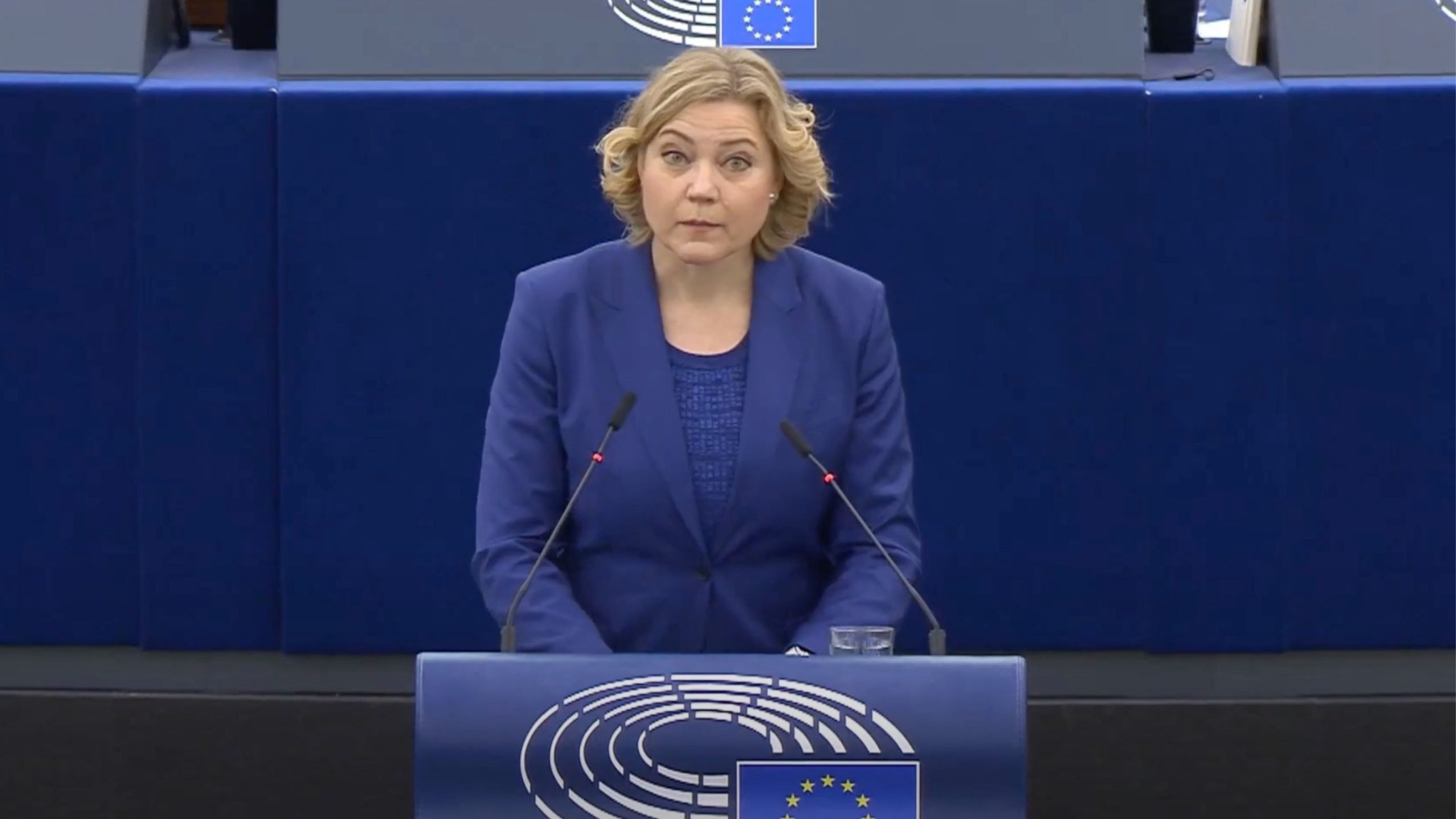Thierry Breton, EU’s often-blundering, certainly vocal and controversial censorship proponent, and internal market commissioner, recently stepped down.
However, all those who thought that was good news for free speech may want to rethink that.
The bloc wasted little time in moving to appoint a new figure to a similar position, and it is Finland’s Henna Virkkunen, who is now awaiting confirmation.
Her most prominent “claim to fame” to date is the key role in creating EU’s Digital Services Act (DSA) – a piece of legislation lambasted by opponents, including freedom of expression advocates, as simply a “censorship law.”
“Tech enforcer” is how the media chose to refer to Virkkunen, and that does sound better than, say – “censorship enforcer.” In any case, Virkkunen’s job title is different: executive vice president for tech sovereignty. But the job’s key point is the same. DSA enforcement.
Legacy media spin on Virkkunen – drawing from the likes of UK’s Forefront Advisers, a group that bills itself as providing “intelligence-led insight to public affairs” – is that she is quite different from the “flamboyant” Breton. The Finn is presented here as a “harmless” technocrat of sorts.
The message is that Virkkunen’s role will be geared towards sensible things such as promoting EU’s competitiveness around the world (but that will be quite the task, especially since a key member country, France, recently turned to arresting CEOs of major global platforms.)
But, the article also informs that one of the first things Virkkunen is expected to contend with is picking up where Breton left off in terms of the crusade against X. Oh – and Meta.
“Overseeing the conclusion of ongoing cases (…) against Elon Musk’s X and Meta for potential breaches of the DSA,” is how this is phrased.
The EU seems to have picked up from Russia’s political vocabulary (though people in the EU wouldn’t know it, since media from that country has been blocked and censored for years) when introducing the political concept of “digital sovereignty.”
And while stifling major US platforms with fines may achieve such, as far as free speech, Pyrrhic victory, it’s unclear how the EU’s “global competitiveness” can benefit from tightening the screws on social media.
The Commission is by no means distancing itself from France’s aforementioned “police state” tactics against Telegram, and CEO Pavel Durov. And that would be another of Virkkunen’s early tasks.












